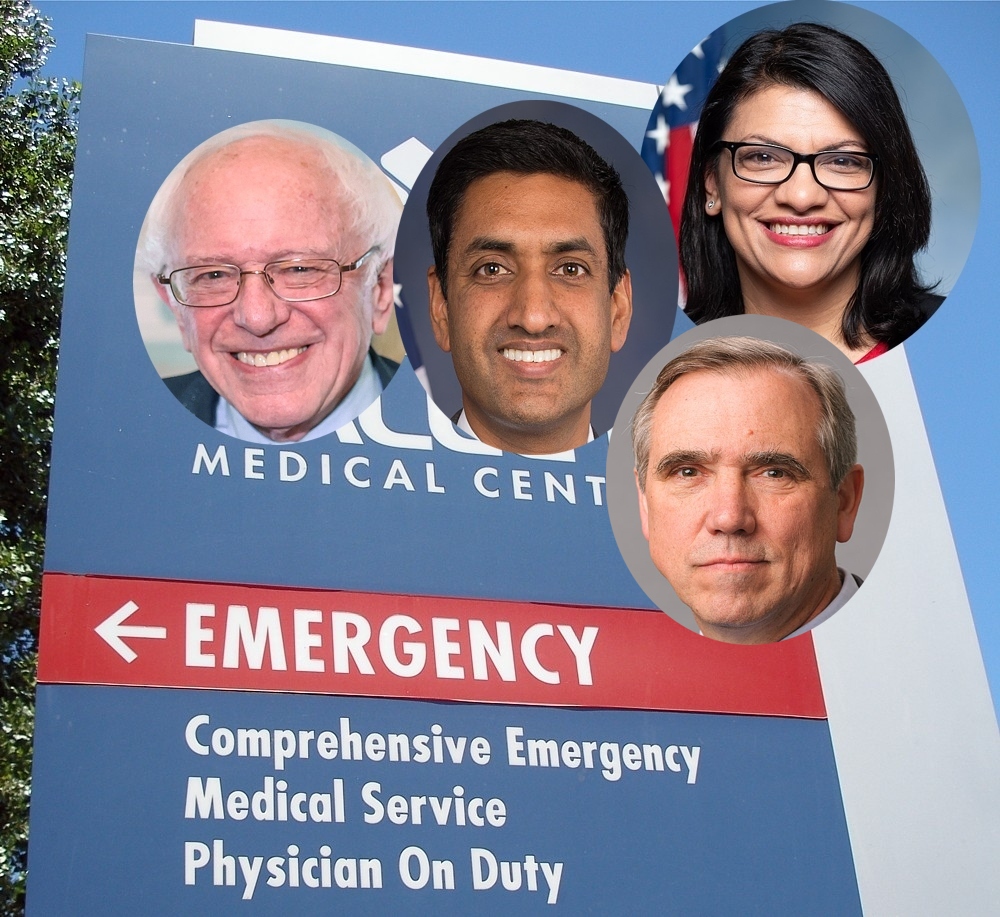
In a bid to address the crippling burden of medical debt plaguing millions of Americans, Senator Bernie Sanders (I-Vt) and Congressman Ro Khanna (D-Calif), alongside Jeff Merkley (D-Ore.) and Rashida Tlaib (D-Mich.), have introduced a groundbreaking bill. This legislation seeks to eliminate the staggering $220 billion in medical debt held by individuals across the nation, wiping it from credit reports and implementing measures to curtail the accumulation of future medical debt.
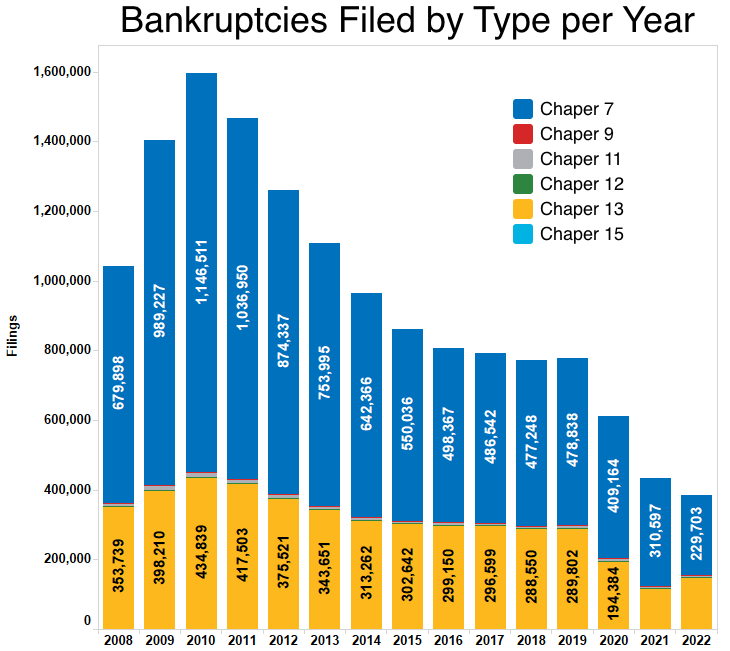
The United States finds itself in the grips of a healthcare debt crisis, with over 100 million individuals currently grappling with various forms of healthcare-related debt. Shockingly, 20 million Americans face unpaid medical bills exceeding $250, with almost four in ten adults bearing the weight of healthcare debt and one in twelve contending with substantial financial liabilities. The impact is disproportionately severe on women, Black Americans, rural residents, and those residing in the Southern regions of the country.
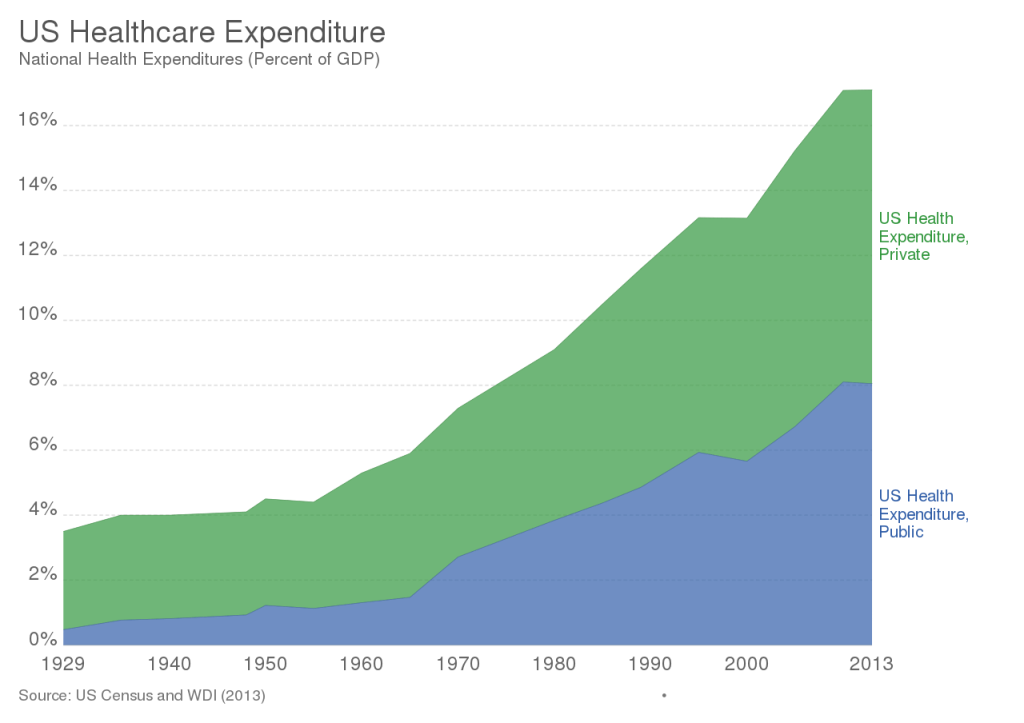
Medical debt isn’t merely a financial inconvenience; it’s a significant barrier that can mar credit scores, impeding individuals from securing loans, mortgages, or making essential purchases such as cars. According to the Kaiser Family Foundation, nearly three-quarters of adults express concerns about their ability to cover unforeseen medical expenses, with one in four individuals admitting to forgoing necessary medical treatments due to financial apprehensions, even among those with insurance coverage.
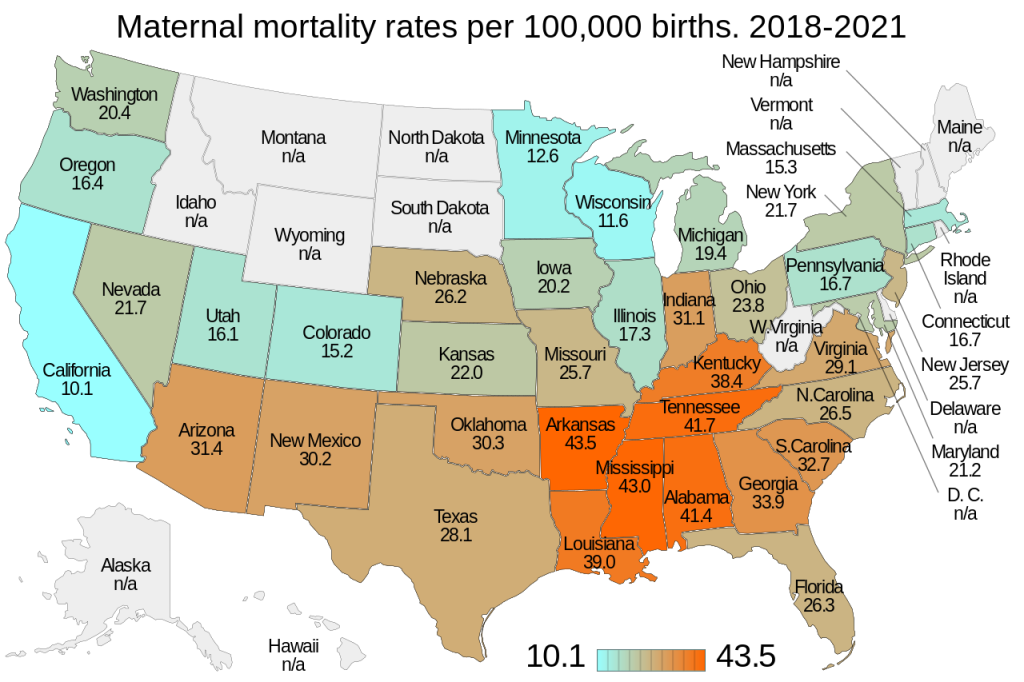
Compounding this issue is a troubling trend revealed by research from Yale and Stanford, which highlights a surge in hospitals, including non-profit and public institutions, resorting to medical debt lawsuits against patients. This practice disproportionately affects Black, low-income, and rural patients, exacerbating financial distress and perpetuating systemic inequalities.
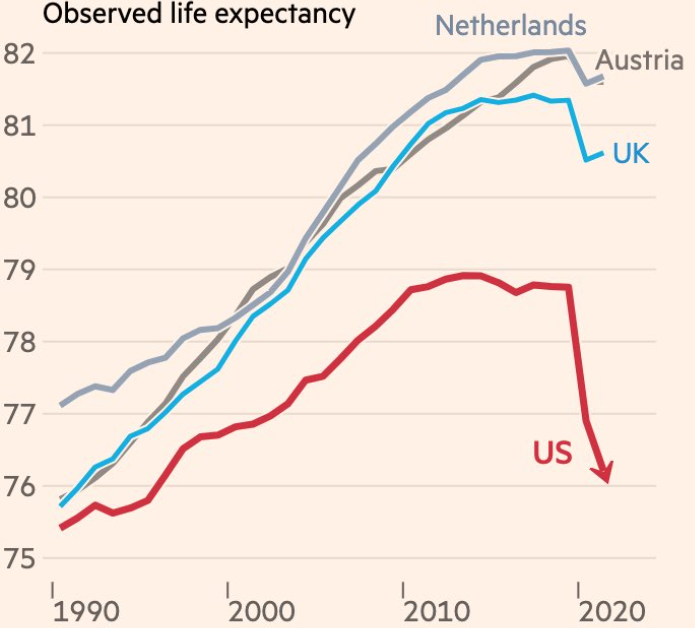
The call to cancel medical debt enjoys widespread support across the American populace, transcending partisan lines. A staggering 84 percent of Republicans endorse the idea, with two-thirds of all Americans advocating for the forgiveness of medical debts. Senator Sanders asserts that in a country as affluent as the United States, bankruptcy due to medical expenses should be an unthinkable occurrence, emphasizing the necessity of healthcare as a fundamental human right.
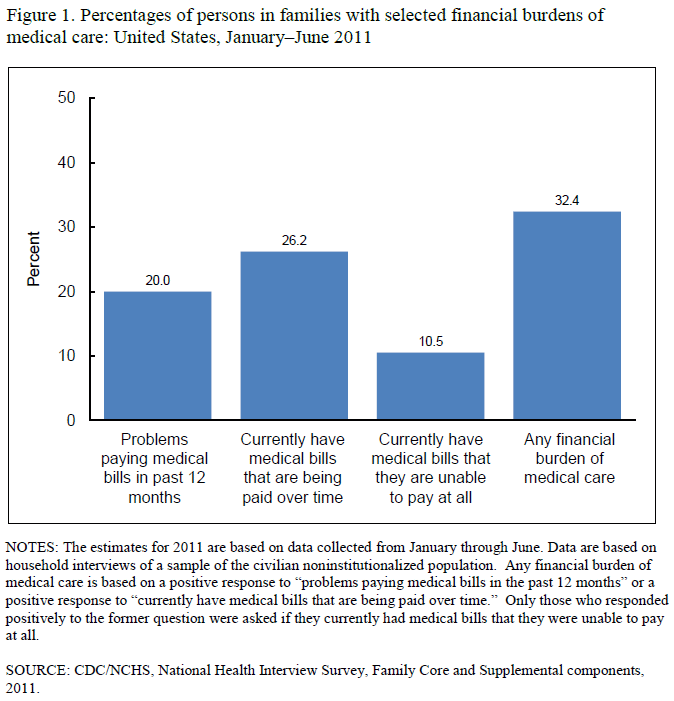
Congressman Khanna echoes these sentiments, emphasizing the profound toll that the current healthcare system exacts on American families. Stories of constituents foregoing medical appointments, losing loved ones due to unaffordable medications, and facing insurmountable debts underscore the urgency of legislative action. The proposed bill, he contends, holds the promise of transforming the lives of millions, ushering in a new era of healthcare accessibility and equity.
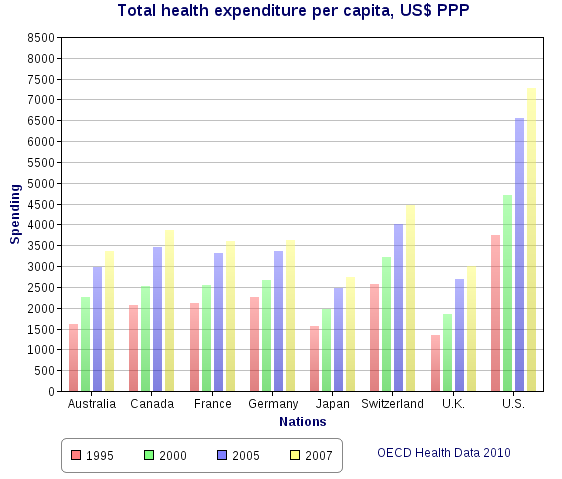
Senator Merkley stresses the imperative of ensuring that patients can seek essential medical care without fear of financial ruin. His advocacy for the Medical Debt Cancellation Act underscores a commitment to relieving families of the immense burden posed by medical debts. This legislation, he affirms, represents a pragmatic step forward in alleviating the suffering endured by individuals across Oregon and the nation.
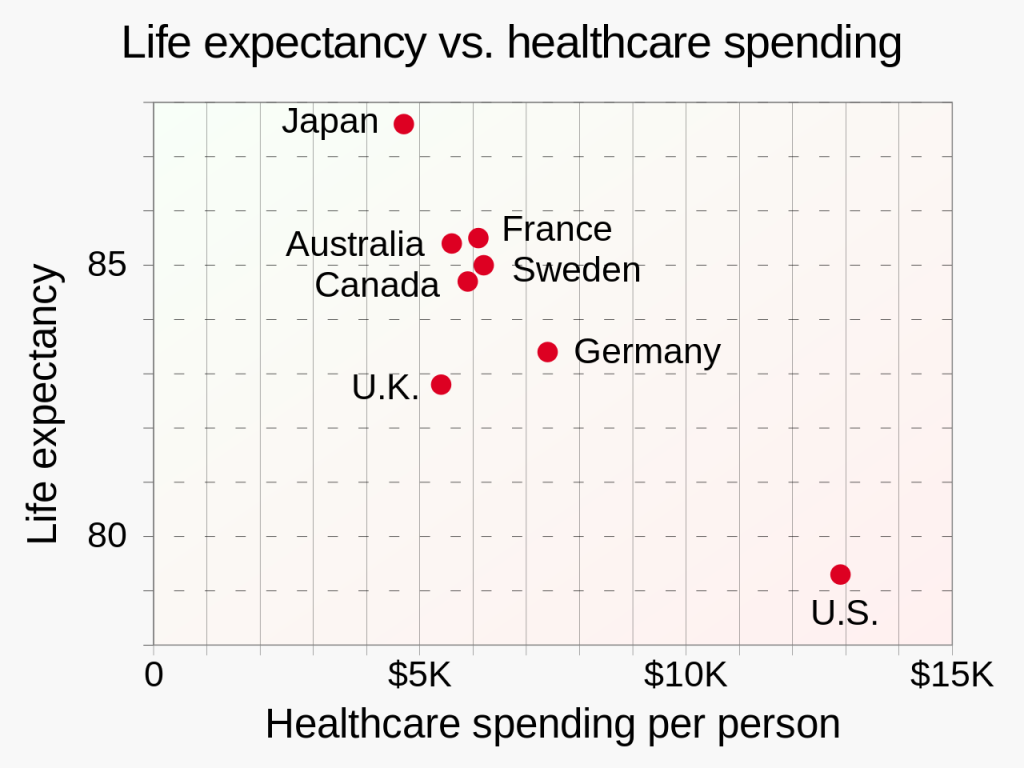
Representative Tlaib underscores the injustice inherent in a system that shackles families in poverty due to circumstances beyond their control. The devastating consequences of medical debt, particularly for marginalized communities, underscore the urgency of canceling these debts. Together with her colleagues, she stands firm in championing the cause of healthcare as a human right, one that transcends financial barriers and fosters dignity and well-being for all.
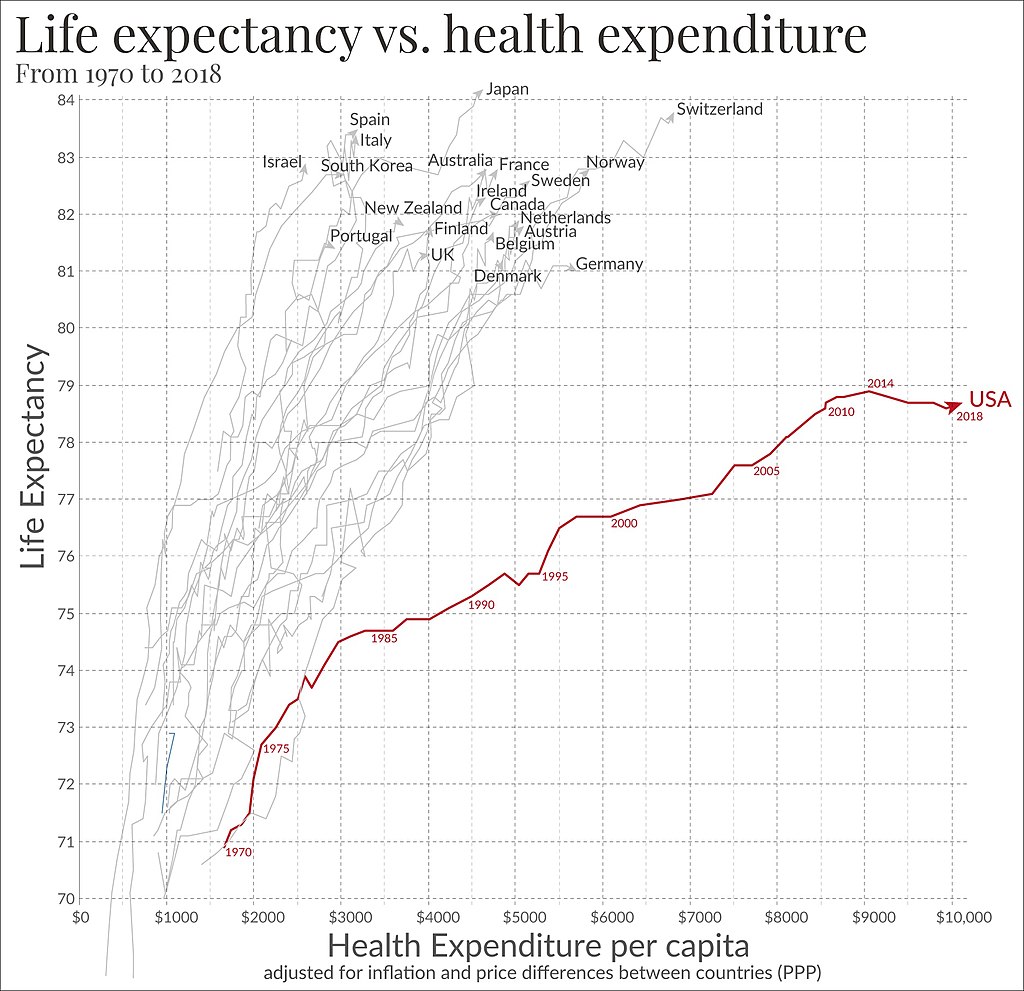
The bill has garnered support from various organizations, including The Center for Health and Democracy, The Center for Popular Democracy, The Center for Economic and Policy Research, Just Care USA, Public Citizen, and Social Security Works, underscoring the broad coalition rallying behind efforts to alleviate the healthcare debt crisis. As the debate unfolds in Congress, the fate of millions hangs in the balance, with the promise of relief tantalizingly within reach.

